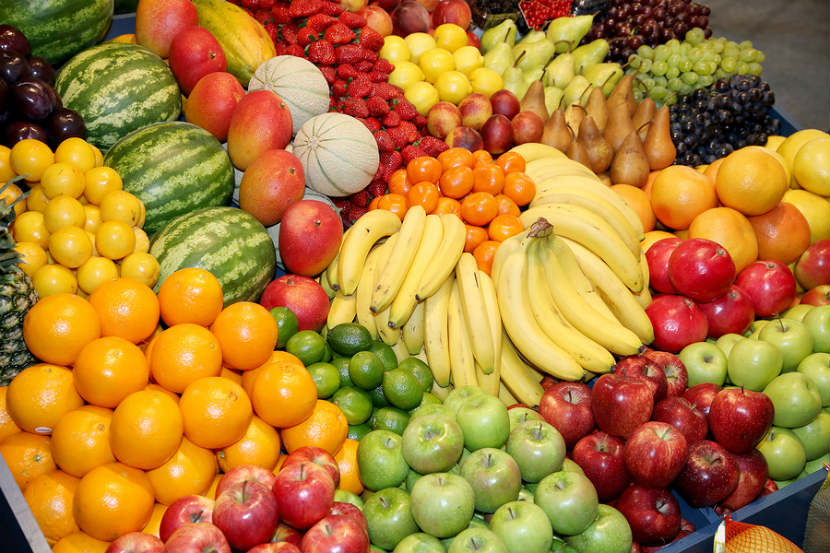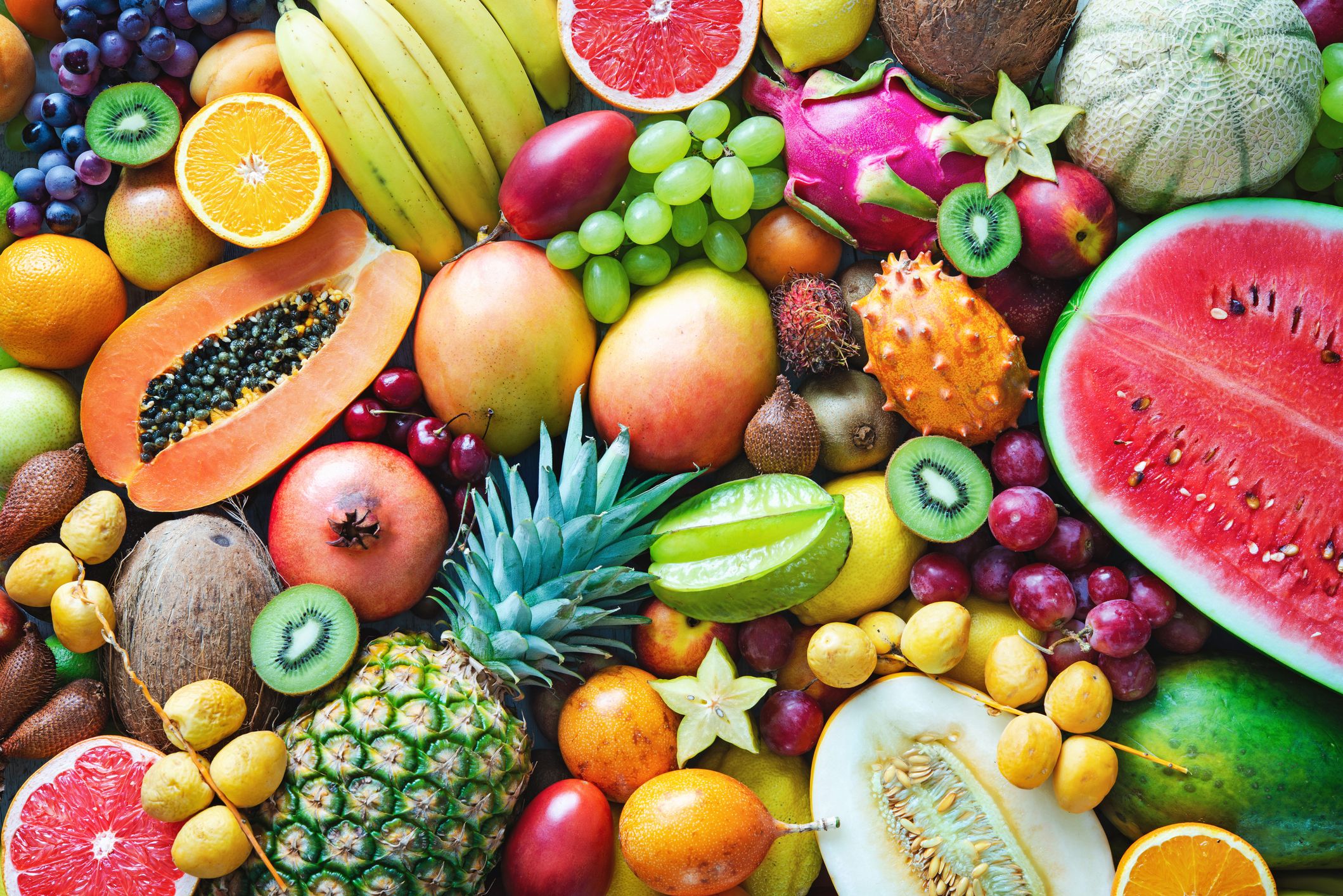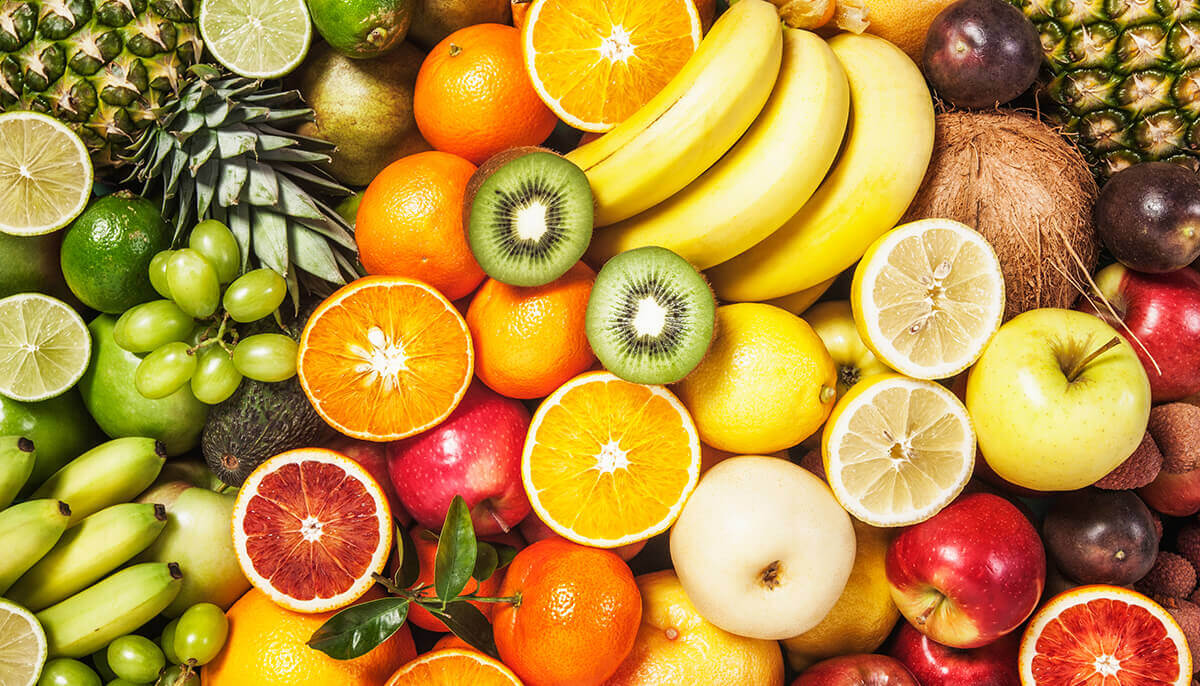Have you heard about the benefits of gut health? No? You see, there are tons of people who want to improve their gut health. Gut health can improve body weight control and release natural energy. And one great way to boost your gut health is through fruits.

Benefits of Fruits:
Fruits are not only the best-tasting food, but they are also packed with essential nutrients and vitamins. Fruits help in digestion and prevent constipation. Fruits contain dietary fibers that help in detoxifying the body by removing toxins from the colon. They also contain antioxidants which fight free radicals in the body and protect it from diseases like cancer, heart disease etc. Some of the best fruits include apples, bananas, oranges, kiwis, strawberries, blueberries etc. Here we have listed some of the best fruits for your health:
Best fruits for gut health
What are the best fruits and vegetables for your gut health? The short answer is that any plant food is good for gut health, but here are some of the best ones.
The gut microbiome may be the next frontier in medicine, with researchers increasingly looking at how we can use diet to improve our overall health.
The microbiome refers to the trillions of bacteria that live in our guts and help us digest food, fight off infections and keep our immune systems healthy.
Maintaining a healthy microbiome is important because it can help prevent or treat diseases such as obesity, diabetes and certain cancers.
The foods we eat have a big impact on the types of bacteria living in our guts. A diet high in meat and refined carbohydrates can change the mix of species living inside us, which can lead to inflammation, obesity and other problems.
The gut is the largest immune system in the body, so it’s no surprise that a healthy gut has a direct impact on our overall well-being.
A healthy gut is key to a healthy life. It is responsible for absorbing nutrients from the food we eat and for regulating the balance of good and bad bacteria in our bodies.
A leaky gut can cause digestive disorders such as irritable bowel syndrome (IBS) and inflammatory bowel disease (IBD). It can also trigger food sensitivities, allergies and autoimmune conditions like rheumatoid arthritis and multiple sclerosis (MS).
Here are the best fruits and vegetables for gut health:
1. Apple – Apples contain fiber, pectin and other compounds known as prebiotics that help feed good bacteria in your intestines. Apples have also been shown to improve symptoms of IBS when eaten daily over a six-week period.
2. Avocado – Avocados are rich in monounsaturated fat, which helps to lower cholesterol levels by lowering LDL cholesterol while increasing levels of HDL cholesterol. They also contain vitamin K, which may help reduce inflammation in the colon. Avocados are one of the best sources of omega-3 fatty acids
Eating a variety of fruits and vegetables is the best way to maintain gut health.
Here are some of the best fruits to help you keep your gut healthy:
Blueberries
Blueberries are rich in antioxidants, which help protect against damage from free radicals. They also contain high levels of fiber, which helps promote a healthy digestive system.
Avocado
Avocados contain a variety of nutrients that promote good gut health, such as potassium and folate (vitamin B9). Avocados are also rich in monounsaturated fats, which can help improve cholesterol levels and reduce inflammation in the body.
Bananas
Bananas are high in pectin, a type of soluble fiber that helps lower cholesterol levels and reduce constipation symptoms by allowing waste to pass through your digestive system more easily. Bananas are also rich in potassium, another important nutrient for good gut health.
Most of us know that the gut is our “second brain” and that a healthy gut can keep us in good health. But what foods help to maintain or improve gut health?

Here’s a list of some of the best fruits for your gut:
Blueberries: These berries contain antioxidants called anthocyanins, which have been shown to help prevent inflammation in the digestive system. In fact, blueberries are one of the top 10 superfoods for gut health.
Apples: Apples are high in pectin fiber, which helps to firm up stool and reduce colonic transit time. They also contain a prebiotic called arabinogalactan, which feeds beneficial bacteria in the large intestine and supports their growth.
Best fruits and vegetables for gut health
A healthy gut is crucial to good health. It’s the gateway to the rest of your body, and supports a number of processes in your body such as digestion, nutrient absorption, immune function and mood regulation.
Many people don’t realize that their gut health has a direct effect on how they feel and even how they look. If you’ve ever had bloating or digestive issues after eating certain foods, you know exactly what we’re talking about!
The best way to keep your gut healthy is through a diet rich in prebiotics and probiotics. Prebiotics are non-digestible fibers that feed the good bacteria in your gut, while probiotics are live bacteria that aid in digestion and support immune function.
Here are some of our favorite fruits and veggies for keeping your gut happy:
The gut is the part of the body that connects your mouth, esophagus, stomach, small intestine and large intestine. The health of your gut can affect everything from your immune system to your mood.
The bacteria in your gut play a huge role in keeping you healthy by producing vitamins, digesting food and fighting off infection. A healthy gut microbiome helps keep you at a stable weight and protects against chronic diseases like diabetes, heart disease and cancer.

Here are some of the best fruits and vegetables for gut health:
Berries – Berries are high in fiber, which helps feed good bacteria in your gut wall. They also have antioxidants that protect against damage from free radicals associated with chronic disease.
Apples – Apples are high in soluble fiber which helps prevent constipation by bulking up stool and adding bulk to your stool. Apples also contain pectin which can help balance intestinal pH levels preventing overgrowth of bad bacteria.
Cabbage – Cabbage is rich in vitamin C which helps boost immunity while also helping prevent inflammation caused by chronic illness like rheumatoid arthritis or inflammatory bowel disease (IBD). Cabbage contains glucosinolates which have anti-cancer properties protecting against colon cancer.
What Are the Best Fruits and Vegetables for Gut Health?
The gut is the gateway to your health, so it’s important to keep it in good shape. Fruit and vegetables are a great way to do that. They contain fiber and antioxidants that can help you stay healthy.
There are many fruits and veggies that are particularly good for your gut, including:
Blueberries. Blueberries have been shown to reduce inflammation in the gut by lowering levels of inflammatory markers like TNF-alpha, IL-6 (interleukin 6) and CRP (C-reactive protein).
Berries. Berries overall have been shown to improve both gut function and immunity.
Beets. Beets contain betaine, which helps you absorb nutrients from other foods better when consumed alongside them. This makes beets a great addition to smoothies or salads if you want more nutrients from your meal.
Carrots. Carrots are high in fiber which can help with digestion by keeping things moving along and preventing constipation or diarrhea from occurring too often. Carrots also contain beta-carotene which is converted into vitamin A once consumed by our bodies, this vitamin has been linked to improving immune system function.
The gut is the largest organ in the human body and one of the most important. The gut is home to trillions of bacteria, which aid digestion and keep us healthy. There are many ways you can support your gut health through diet, but what should you be eating?
The following are some of the best fruits and vegetables for gut health.

1. Avocado
Avocados are high in fiber, potassium and vitamin C, which helps maintain a healthy digestive system by keeping your immune system strong. Avocados also contain lutein and zeaxanthin, which protect against age-related macular degeneration (AMD), while also helping lower cholesterol levels. Avocados also contain healthy fats that help feed good bacteria in the gut, which aids digestion and prevents bloating.2
2. Garlic
Garlic is rich in allicin which has been shown to have antimicrobial properties against certain types of bacteria such as E. coli, Salmonella and Staphylococcus aureus (staph).3 Garlic is also rich in antioxidants that help boost immunity to fight off colds, flu’s and allergies!4 Garlic can be added to almost any meal including soups, stews or roasted chicken.
If you’re wondering what fruits are good for gut health, there’s a reason why it’s one of the most common questions asked by people with digestive issues.
The gut is the gateway to your immune system and the health of your entire body. And since chronic inflammation can lead to a host of diseases, including diabetes and heart disease, it’s important to support your gut health with good bacteria.
In this article we’ll show you how to boost gut bacteria naturally with food. We’ll also explain why eating a diet rich in fiber is so important, and how fruits can help protect against diabetes and obesity.
Fruit is packed with fiber that feeds beneficial bacteria in your gut. Fiber helps protect against diabetes and obesity because it slows down digestion and keeps blood sugar levels steady.
There are several types of fiber found naturally in fruit including pectin, cellulose and hemicellulose — all of which help manage blood sugar levels after meals by slowing down digestion and absorption of glucose into the bloodstream.
Fiber also helps reduce cholesterol levels by binding bile acids from the liver, which prevents them from being reabsorbed into the bloodstream where they would otherwise be converted back into cholesterol for storage in our arteries.